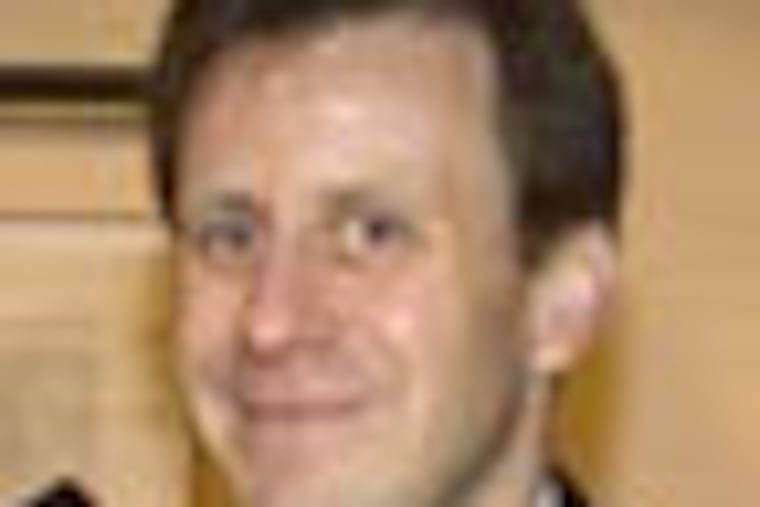Church judge ordered to testify a priests’ trial
A West Virginia judge has ordered a Catholic church official formerly from Philadelphia to testify at the clergy sex-abuse trial now under way in the city.

A West Virginia judge has ordered a Catholic church official formerly from Philadelphia to testify at the clergy sex-abuse trial now under way in the city.
The ruling late Thursday by Ohio County Circuit Judge Ronald E. Wilson ends a weeklong stalemate over testimony by Msgr. Kevin Michael Quirk.
Philadelphia prosecutors want Quirk to testify about his questioning of the Rev. James J. Brennan during a 2008 canonical trial at which Quirk served one of three church judges.
The trial is adjourned until Monday.
Brennan, 48, is one of two Philadelphia clerics on trial in Common Pleas Court; he is charged with the attempted rape of a 14-year-old boy in 1996.
Brennan has denied the allegation. On Tuesday, Assistant District Attorney Patrick Blessington said in court that Quirk's testimony is important because he believes the priest admitted to at least some allegations made against him.
"Although it wasn't an outright admission of the facts that were alleged, there were statements that were made that were inculpatory in nature," Blessington told Common Pleas Court Judge M. Teresa Sarmina.
Although prosecutors have the transcript of the canonical trial, they legally cannot use that testimony at trial without Quirk authenticating the document and his words.
But Quirk objected to testifying.
According to Judge Wilson's four-page order, at a hearing on April 12 Quirk - now judicial vicar and assistant to Bishop Michael Bransfield in the Diocese of Wheeling-Charleston - argued "that he should not be required to return for the trial in Pennsylvania because he is not a material witness for the state and that he is protected by privilege."
Wilson, however, ruled that Quirk is a material witness and that his testimony in Philadelphia "is essential in ascertaining the truth.
"Also it is, in the court's opinion, probable that Msgr. Quirk's absence could cause the defendants' constitutional rights to confrontation and meaningful cross-examination to be lost," Wilson wrote.
He ordered Quirk to appear in Philadelphia when requested between April 29 and May 1 and the District Attorney's office to reimburse "all reasonable and necessary expenses."
The legal struggle to bring Quirk to testify took on a higher profile after Philadelphia prosecutors presented testimony that Quirk's boss - Bishop Bransfield - was also the subject of allegations of sexual abuse when he was a priest in Philadelphia in the 1970s.
Bransfield has never been charged with sexual abuse and has categorically denied the allegations. But Quirk's resistance brought the bishop criticism from SNAP - Survivors Network of those Abused by Priests - which accused Bransfield of trying to cover up evidence of sexual abuse by priests.
SNAP today lauded Wilson's ruling but added that "we're still disappointed that it's taking a judge's order to get Catholic officials to do their simple, civic duty - honor a subpoena. The church hierarchy claims it cooperates with law enforcement. But as this case shows, often they only cooperate when a judge insists that they do so."
Bryan Minor, a spokesman for Bransfield and the West Virginia diocese, said it was a matter of following the law: "We needed to have a valid legal process, which we do now have. Accordingly, Msgr. Quirk will appear."
Quirk's testimony could be crucial to prosecutors - and damaging to Brennan's defense.
On trial with Brennan is Msgr. William J. Lynn, 61, who, as secretary for clergy of the Philadelphia Archdiocese from 1992 to 2004, was responsible for investigating allegations of sexual abuse of minors by priests. Lynn is the first church official criminally charged with enabling abusive priests or covering up the abuse.